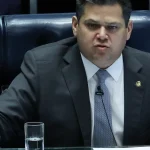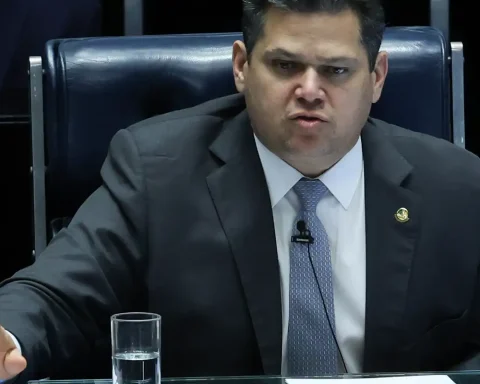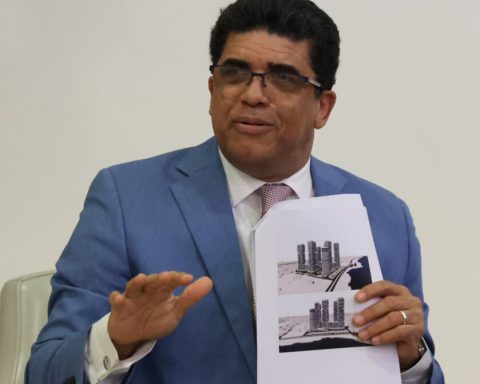v
ine to live in Costa Rica in 1964 for a stay of 14 years, which were those of my training as a writer. San José was a small and quiet city, but with well-stocked bookstores, where literary gatherings were held, in one of which I met José María Cañas, owner of the feat of having written the novel Green Hellwhich dealt with the Chaco War, without ever moving from the editorial office of the newspaper he directed.
There was also a splendid National Library, unfortunately demolished years later to turn the site into a common parking lot. And the National Theater, a relic of the 19th century, in whose main hall you could listen to the National Symphony Orchestra; and numerous theater companies, made up of directors and actors who later arrived in exile, fleeing the dictatorships of the southern cone.
And those were also my years of knowing democracy, rare for those who, coming from a country subjected to a family dictatorship, suddenly found themselves in another where they could see the president of the republic, then Don Francisco Orlich, enter a restaurant and sit at the next table, without an escort or military apparatus. The legend said, and it is not surprising that there is truth in it, that the president, Otilio Ulate, a decade ago, had been run over by a cyclist when he was crossing the street in front of the Plaza de la Artillería.
Costa Rica was a rarity, truly, in Central America plagued by military dictatorships, where colonels urinated on the walls of the country, according to the poem by Otto René Castillo, a guerrilla poet assassinated in the 1960s; a region where each wave of exiles would always end up in Costa Rica, an island of freedom surrounded by a sea of storms.
An essential part of that oddity was that the army had been abolished, and instead of spending on tanks and guns, it was spent on education. And even more strange was that the abolition of the armed forces, decreed in 1948, had been the consequence of a triumphant revolution that, instead of establishing itself in the barracks, ordered them to be closed and turned into museums.
That civil war, won by the forces headed by José Figueres, was brief. The Nicaraguan poet José Coronel Urtecho used to say that the Costa Ricans only took up arms so as not to have to fight again. They had already overthrown the dictatorship of the Tinoco brothers in 1919, a rarity too, and a bizarre rarity. In Central American terms, that was a short-lived dictatorship, because it lasted only two years. That of the Somozas in Nicaragua lasted 50, and this one now has been going on for 15 years and intends to go on forever.
Those years were exile for me, and today, living in exile again, I have returned to receive a doctorate honorary cause from the National University, and another from the University of Costa Rica, and I feel that this is how I am granted the cultural citizenship of this country in which I recognize myself in so many ways, and which continues to be the rarity that I discovered in 1964, because democracy continues to be based on the firm foundations laid decades ago.
The country has changed after half a century, of course. San José, the quiet provincial city surrounded by postcard mountains, which could be traveled in just half an hour from east to west, from San Pedro de Montes de Oca to Escazú, has become a chaotic city with infernal traffic, where every day new towers of buildings, new urbanizations, new shopping centers arise, and where social inequalities also grow.
But the number of emigrants arriving from Nicaragua multiplies, pushed by the winds of exile, journalists, union leaders, priests, human rights activists, university professors, student leaders, professionals, businessmen.
It is the other Nicaragua, which grows every day in Costa Rica, thousands who, like me, when I arrived here more than half a century ago, learn in this country the daily lesson of freedom and democracy, which will be so useful to us in the future. .
Facebook: writersergioramirez
Twitter: sergioramirez
Instagram: sergioramirezmarket
















